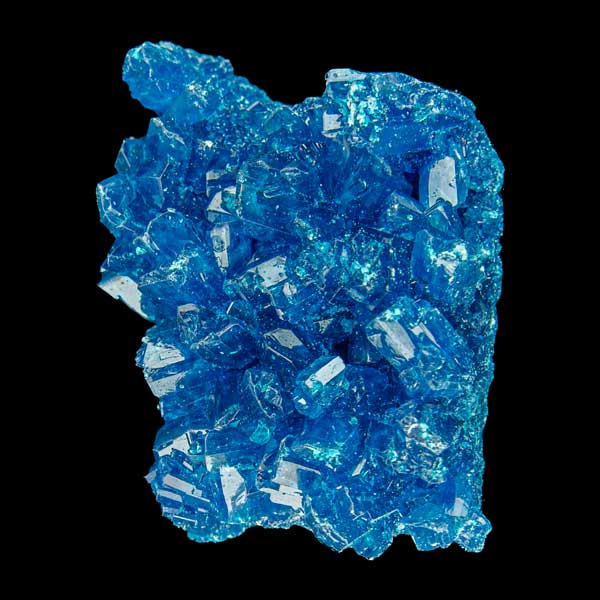MDMA is a synthetic drug that alters mood and perception. It is also known as ecstasy, molly, or XTC.
MDMA is a psychoactive drug that produces feelings of increased energy, pleasure, emotional warmth, and distorted sensory and time perception.
MDMA was initially popular among young adults in the nightclub scene and at all-night dance parties (raves).
However, the drug now affects a wider range of people. It is sometimes taken in combination with other psychoactive drugs, such as LSD, ketamine, and methamphetamine.
MDMA acts by increasing the activity of three brain chemicals: dopamine, norepinephrine, and serotonin.
Dopamine and norepinephrine are involved in the “reward pathway,” which reinforces behaviors that are essential for survival (such as eating and having sex). Serotonin is involved in mood, perception, and learning.
The effects of MDMA typically last 3-6 hours. The experience can be pleasant and positive, but there are also potential negative effects, such as anxiety and paranoia.
MDMA is classified as a Schedule I drug, which means it has a high potential for abuse and is not currently accepted for medical treatment.
The Role Of Serotonin In The Brain
Serotonin is a neurotransmitter that plays a role in a variety of brain functions. It is involved in mood, anxiety, and appetite regulation. Serotonin also plays a role in memory and learning.
MDMA (ecstasy) is a synthetic drug that alters mood and perception. MDMA increases the release of serotonin in the brain. This increase in serotonin leads to the pleasurable effects associated with MDMA use.

MDMA use can lead to serotonin syndrome, a condition characterized by high levels of serotonin in the brain. Serotonin syndrome can cause a variety of symptoms, including agitation, increased body temperature, and vomiting. Serotonin syndrome can be fatal if left untreated.
MDMA use can also cause long-term changes in serotonin levels in the brain. These changes can lead to problems with memory and learning.
The Potential Therapeutic Applications Of MDMA
MDMA is a powerful psychoactive drug that has a variety of potential therapeutic applications. MDMA can increase feelings of love, empathy, and connection to others, and can be used to treat PTSD, anxiety, and depression. MDMA is also being studied as a treatment for Alzheimer’s disease, Parkinson’s disease, and autism.
MDMA works by increasing levels of serotonin, dopamine, and norepinephrine in the brain. These neurotransmitters are involved in regulating mood, emotion, and social behavior.
MDMA also increases levels of oxytocin and Buy MDMA canada prolactin, which are hormones that play a role in bonding and attachment.
The therapeutic effects of MDMA are thought to be due to its ability to increase communication and empathy between people.
MDMA has been shown to reduce fear and defensiveness, and to increase trust and intimacy. MDMA is also thought to improve communication in couples and families, and to increase cooperation and teamwork.
MDMA is being studied as a treatment for a variety of mental health conditions, including PTSD, anxiety, and depression.
MDMA is also being studied as a treatment for Alzheimer’s disease, Parkinson’s disease, and autism.
The potential therapeutic applications of MDMA are vast and exciting. MDMA has the potential to help people heal from trauma, to improve communication and relationships, and to treat a variety of mental health conditions.



Average Rating